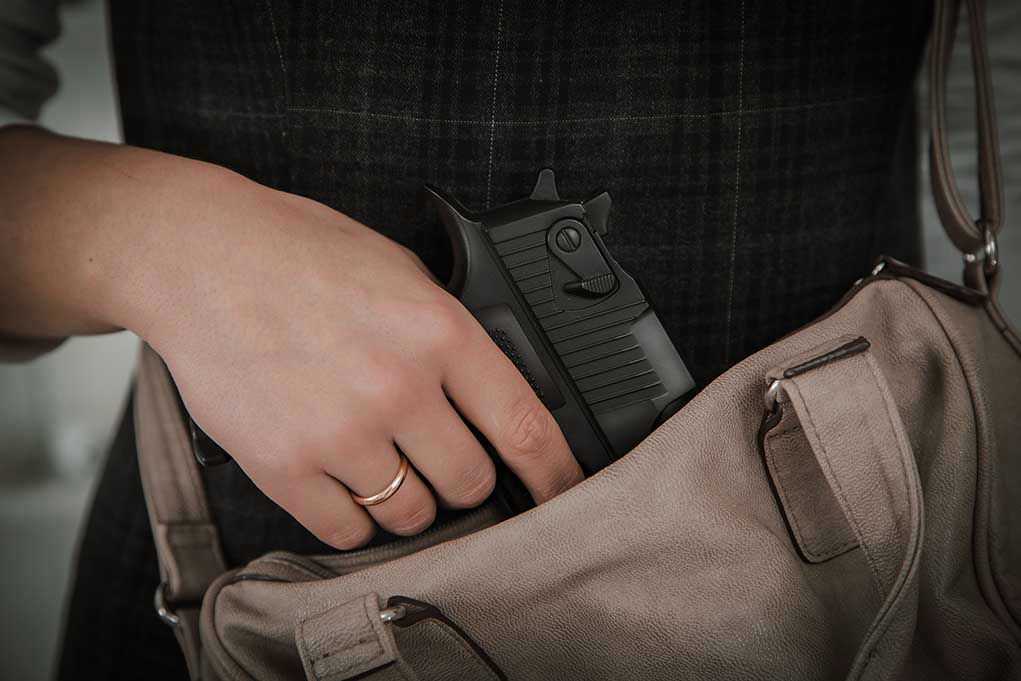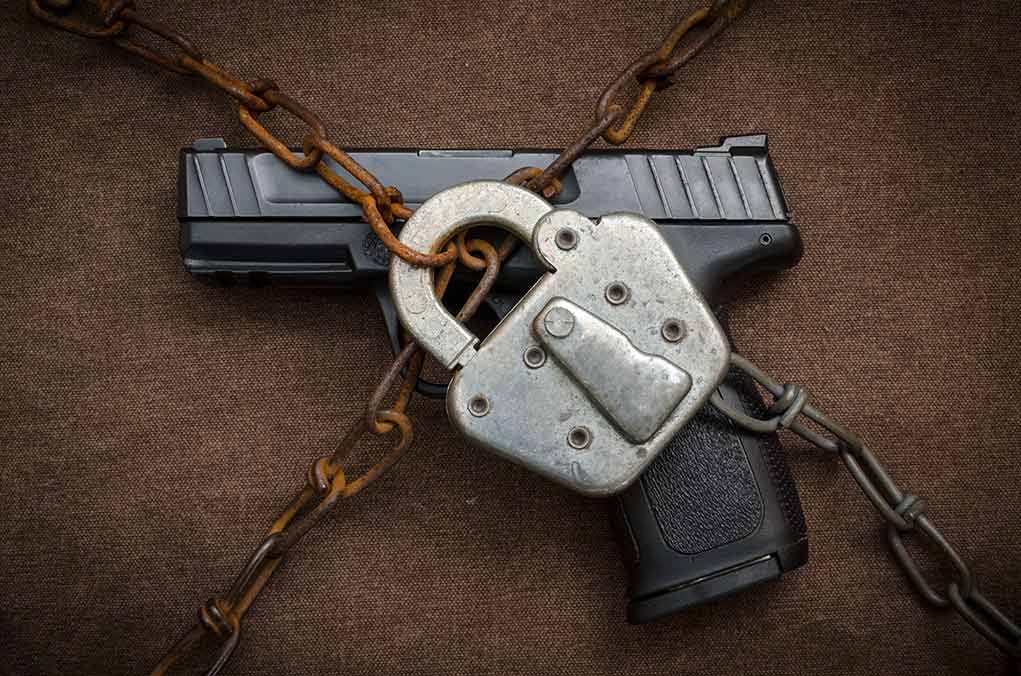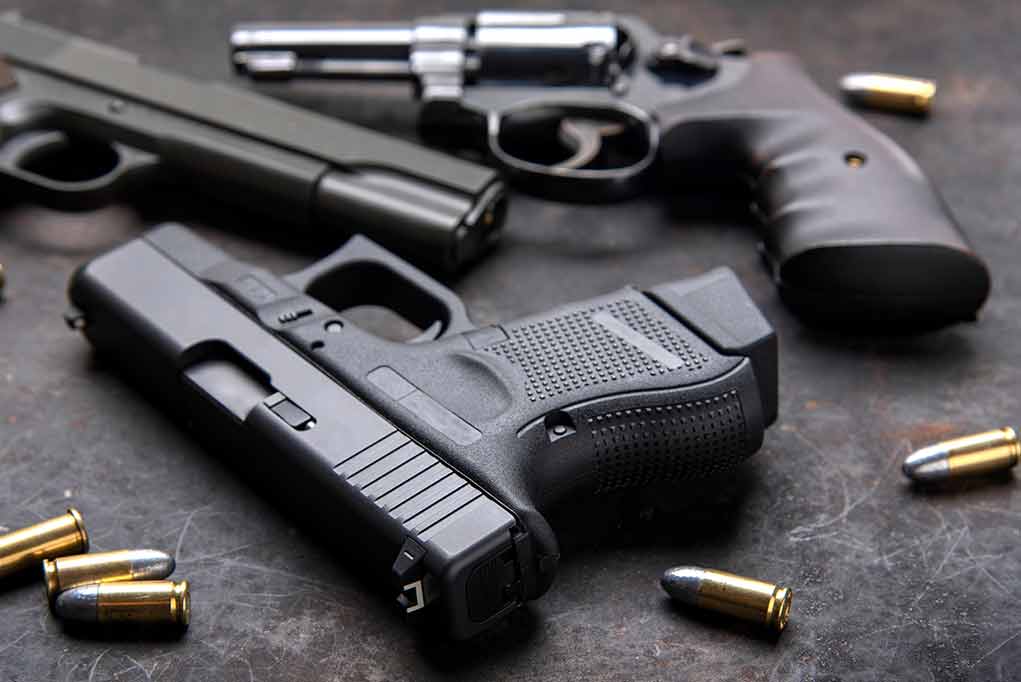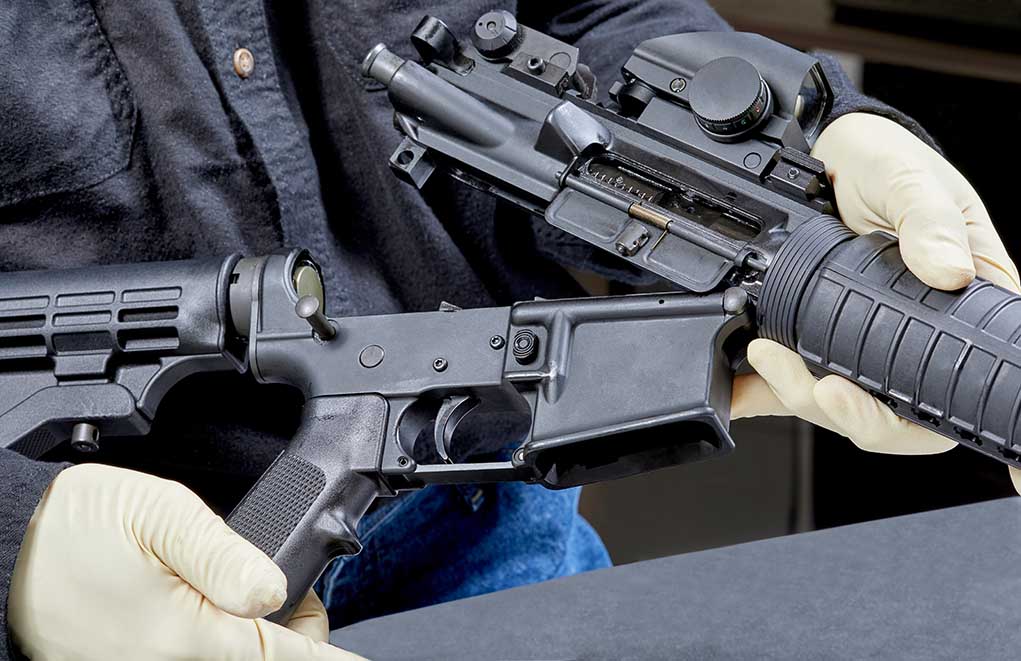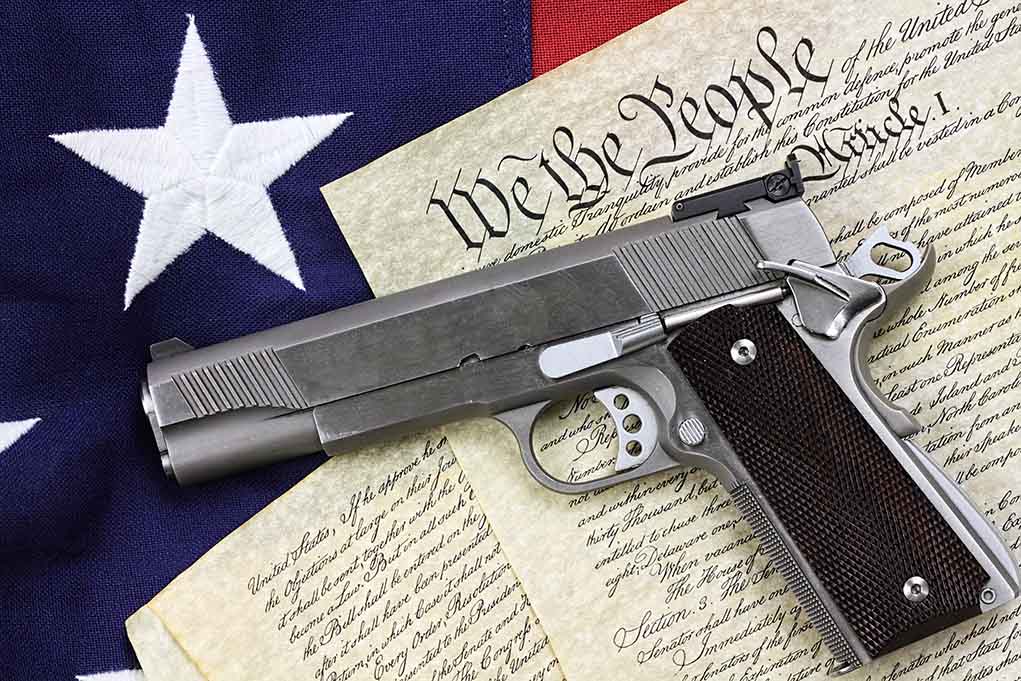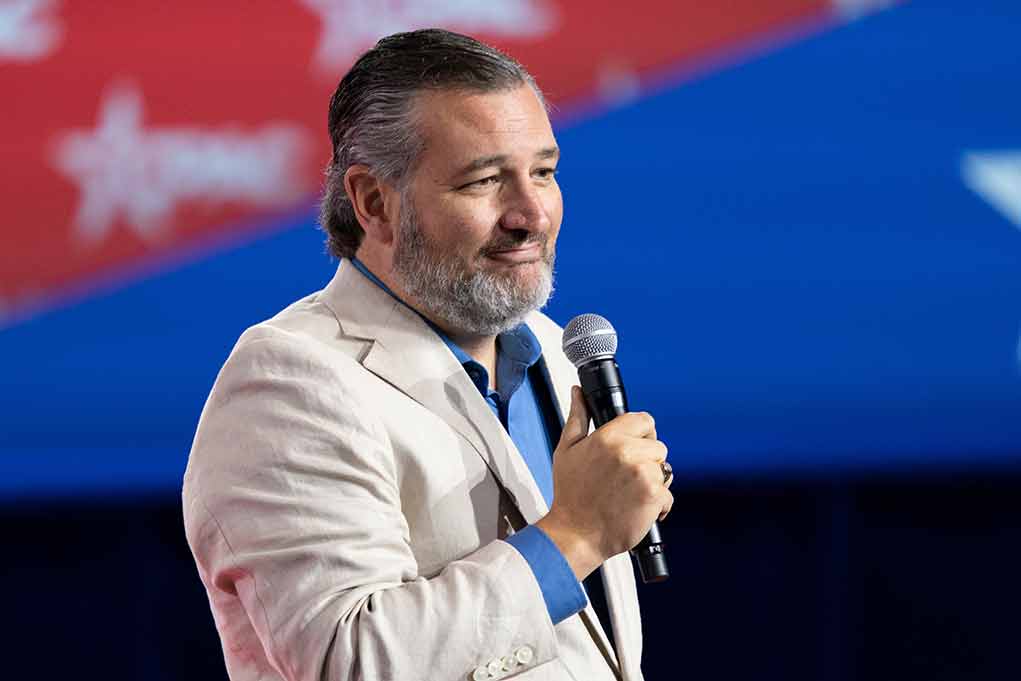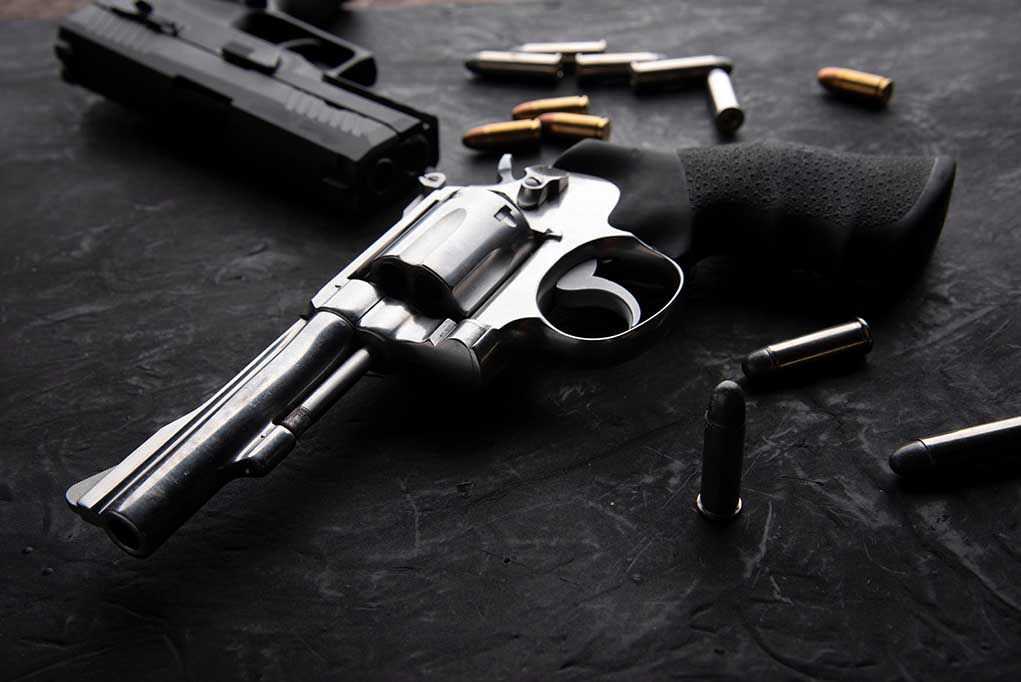
The Department of Justice’s decision to revive gun rights restoration for individuals with certain criminal convictions is sparking a heated debate on Second Amendment rights versus public safety concerns.
At a Glance
- DOJ aims to restore gun rights for individuals with past convictions through a new process.
- The initiative shifts authority from ATF to the Attorney General.
- Congressional appropriations previously blocked the process since 1992.
- Gun rights advocates support the change, while gun control advocates express concern.
DOJ’s Bold Move on Gun Rights
The Department of Justice announced an Interim Final Rule on March 20, 2025, that shifts the power to restore federal firearm rights to individuals with past convictions from the Bureau of Alcohol, Tobacco, Firearms, and Explosives (ATF) to the Office of the Attorney General. This move comes after more than three decades of a funding ban that halted the ATF’s ability to process restoration applications. The DOJ’s decision is a significant change in federal policy, particularly affecting those who have been unable to seek restoration of their rights due to prior convictions.
This decision is not without controversy. While gun rights advocates praise it as a restoration of due process for rehabilitated individuals, gun control advocates and several lawmakers are alarmed. They argue that this enables potentially dangerous individuals to regain access to firearms, undermining public safety. The DOJ insists that the process includes safeguards to ensure only those unlikely to pose a risk will be considered.
The Roadblocks of the Past
Since 1992, Congress has effectively blocked any administrative path for restoring gun rights through appropriations riders. These riders defunded the ATF program responsible for handling such petitions. The Supreme Court’s 2002 decision in United States v. Bean further solidified the impossibility of courts stepping in to grant relief when Congress had prohibited funding. This left individuals in limbo, with no federal avenue to regain their rights, regardless of rehabilitation or passage of time.
Now, by shifting the responsibility to the Office of the Attorney General, the DOJ seeks to bypass this funding blockade. The move is designed to provide a path forward, aligning with statutory language while sidestepping congressional roadblocks. However, the potential for legislative pushback remains, as Congress can still exert influence through appropriations and potential new legislation.
Reactions and Implications
The DOJ’s rule has sparked a spectrum of reactions. Gun rights groups see it as a long-overdue correction, allowing individuals who have demonstrated rehabilitation to regain their constitutional rights. In contrast, gun control advocates and some lawmakers are pushing back, citing concerns about public safety and legislative intent. They argue that this move could allow violent offenders to regain firearms, despite DOJ assurances of strict eligibility criteria.
In the short term, the DOJ’s initiative may face legal challenges and political opposition. If enacted, it could set a precedent for broader federal clemency and rights restoration efforts, potentially impacting thousands. The debate is likely to intensify, especially as it coincides with ongoing discussions about gun rights and criminal justice reform in the United States.
The Path Forward
The DOJ’s fiscal year 2026 budget includes new funding for the Office of the Pardon Attorney to develop and administer this restoration process. With funding in place, the office is tasked with creating an application and review system. The DOJ anticipates further rulemaking and possible congressional action to clarify or adjust the process.
As the situation develops, the balance between individual rights and public safety will remain a contentious topic. The outcome could have significant implications for federal gun rights restoration and the broader dialogue on Second Amendment rights and criminal justice reform in America.
Sources:
Collateral Consequences Resource Center
U.S. House Appropriations Committee


